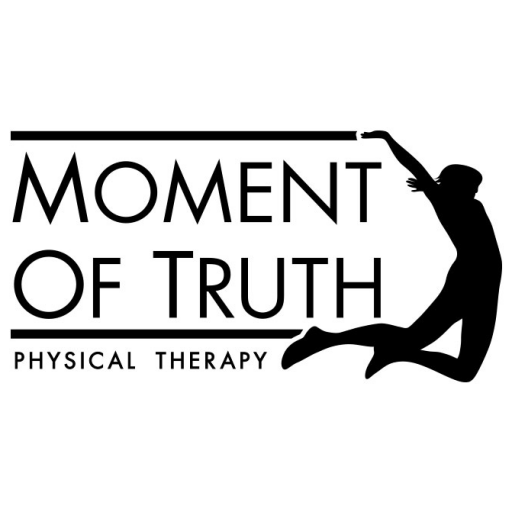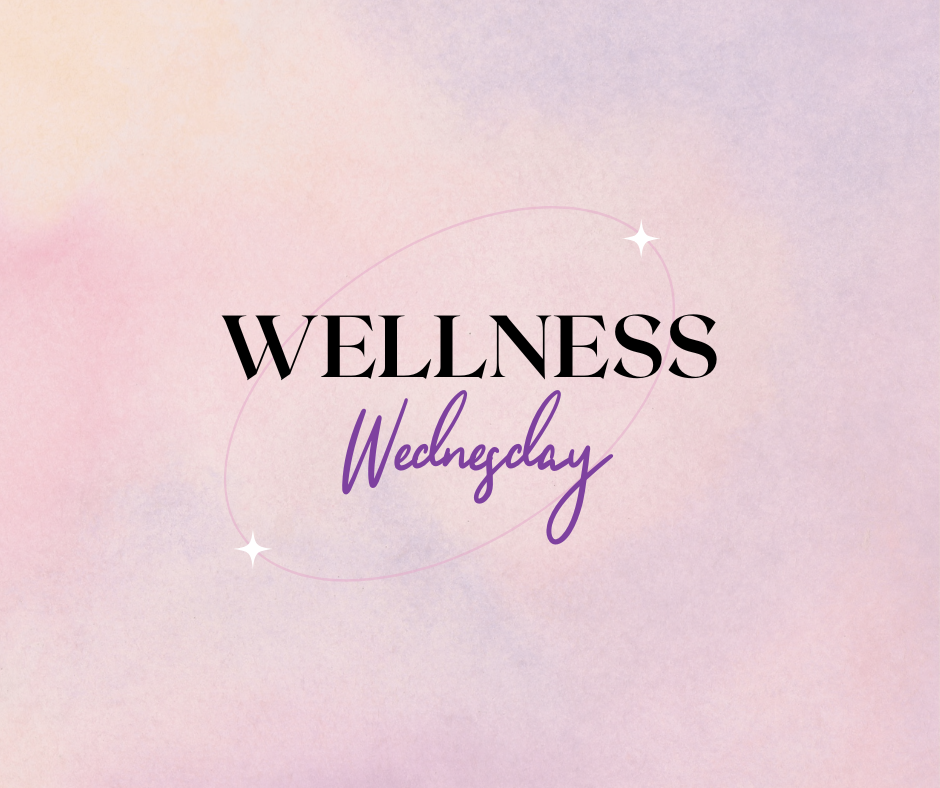Life after baby is a wild transition that is not highly talked about. To live life with the freedom being able to control your own time and energy and then transition to caring for a small human(s) then being the center of your universe, can be a big 180-degree turn. What happens when that journey, that so many women seem to naturally fall into, doesn’t feel so natural? Postpartum depression (PPD) often occurs within a few months to a year after birth. Causes of PPD are multifactorial. This blog will explore some of the risk factors of PPD and share some actionable steps to decrease your risk of PPD.
The symptoms of PPD include:
- Low mood
- Sleep disturbance
- Changes in appetite
- Poor concentration
- Irritability due to new life stressors after childbirth
Some risk factors include:
- previous history of depression or anxiety
- mismatch of expectations of the delivery
- sexual abuse/trauma
- hormones such as estrogen levels
- limited social support.
- poor diet, sleep or lack of exercise
Lifestyle Factors
In regard to diet, a sufficient amount of vegetables, fruits, legumes, seafood, milk and dairy products, olive oil and other sources of food may reduce PPD as much as 50%. [1]
Some vitamins that have found to combat PPD is Vitamin B6 as it aids in the production of serotonin. In addition, fish oil which contains docosahexaenoic acid with a high seafood diet is associated to lower links of PPD. [2] Micronutrients that influence serotonin re-uptake and help thyroid function include zinc and selenium, respectively. Zinc and selenium can be found in red meat, grains, meat, eggs, and fish.
In addition to nutritional factors, sleep quality plays a vital factor in decreasing one’s risk for PPD. Some tips that help me obtain better sleep are:
- Sticking to a sleep schedule
- Making sure I don’t go to bed hungry or overly full.
- Doing calming activities before bedtime
- Including exercise in my routine but avoiding exercise too close to bedtime
- Belly breathing with hands placed on belly while lying on my back helps with stress management
Exercise and physical activity have huge benefits in reducing risks for depressive symptoms and are comparable with medicinal benefits. Physical activity in the third trimester of pregnancy has lowered postpartum depression scale at 6 weeks after delivery. [3] This is due to the endorphins released during and after exercise which improves overall mental health and well-being.
Visit Bellies, Babies & Birth Podcast – Featuring Walker Ladd to listen to Amy’s discussion with an expert to learn more about Postpartum Depression.




0 comments